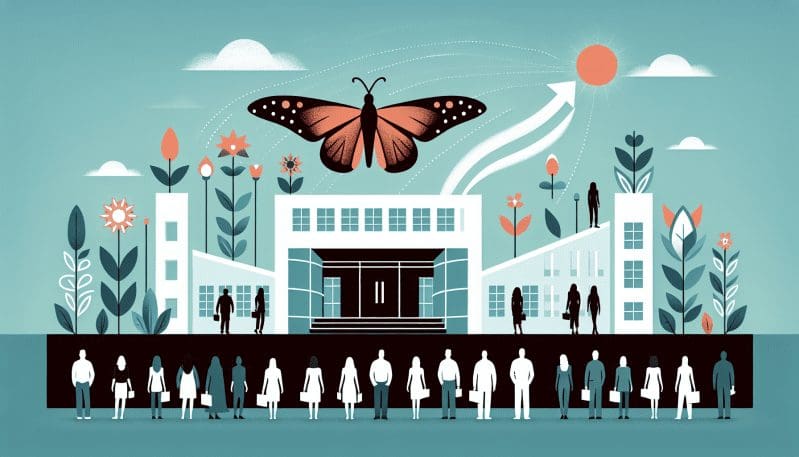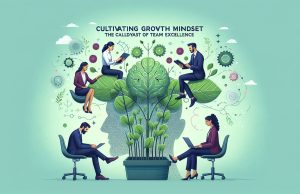As the world grapples with unprecedented challenges ranging from climate change to social inequality, the nonprofit sector remains a beacon of hope, driving crucial initiatives that aim to address these pressing issues. However, like all industries, the realm of social good is undergoing a significant transformation, shaped by the convergence of new technologies, shifting demographic landscapes, and evolving donor expectations.
The nonprofit workplace of tomorrow will look markedly different, as the advent of digital fundraising platforms and the integration of artificial intelligence for impact measurement redefine what it means to engage with supporters and quantify success. Crowdfunding, peer-to-peer campaigns, and mobile giving are just the tip of the iceberg. Future nonprofit professionals will need to be well-versed in these digital tools, not only to optimize donor outreach but also to harness the power of data, ensuring that resources are allocated to their most effective use.
The rise of AI has the potential to revolutionize social impact measurement, allowing for the analysis of vast data sets to identify trends, measure outcomes, and refine program strategies in real time. This requires a workforce that is comfortable navigating complex data analysis tools while maintaining a firm grounding in ethical considerations that are paramount in the sector.
Diversity and inclusion have also taken center stage, reflecting a broader societal push for equity and representation. Nonprofits are increasingly recognizing the value of diverse perspectives and lived experiences in crafting solutions that are truly inclusive. As such, the sector is striving to create workplaces that not only accommodate but celebrate differences, recognizing that diversity is a key driver of innovation and effectiveness.
In response to these shifts, hiring practices are evolving. The future nonprofit worker will need to be adaptable, culturally competent, and equipped with a mix of technical and soft skills. Emotional intelligence, cross-cultural communication, and strategic thinking will be as critical as proficiency in digital fundraising tools and data analytics software.
Professional development offerings are expanding to include training in these areas, acknowledging that ongoing learning is critical to maintaining a workforce capable of navigating a rapidly changing landscape. As nonprofits compete with the private sector for top talent, they must also rethink their value propositions, emphasizing the unique rewards of a career centered on social impact.
Organizational leaders must be at the forefront of these changes, anticipating trends and investing in their teams. This means fostering a culture that values innovation, continuous improvement, and lifelong learning. It requires boldness to experiment with new fundraising models, the courage to engage more deeply with technology, and the vision to build diverse and inclusive teams.
As we look to the future, the implications of these changes are clear. The nonprofit sector must not only adapt to the evolving demands of the 21st century but must do so in a way that holds true to its core mission of advancing the public good. By preparing today’s workforce for tomorrow’s challenges, nonprofit organizations can ensure their continued effectiveness and relevance in a world that has never needed them more.
Nonprofit leaders, the call to action is clear: embrace the transformation, invest in your people, and lead the charge towards a future where social impact careers are as dynamic and influential as the causes they champion.


















![From TAOLabs: A New, Simplified Way to Learn in the Age of Chaos [30m60h90d] From TAOLabs: A New, Simplified Way to Learn in the Age of Chaos](https://theworktimes.com/wp-content/uploads/2025/05/ChatGPT-Image-May-13-2025-01_11_22-AM-238x178.png)









